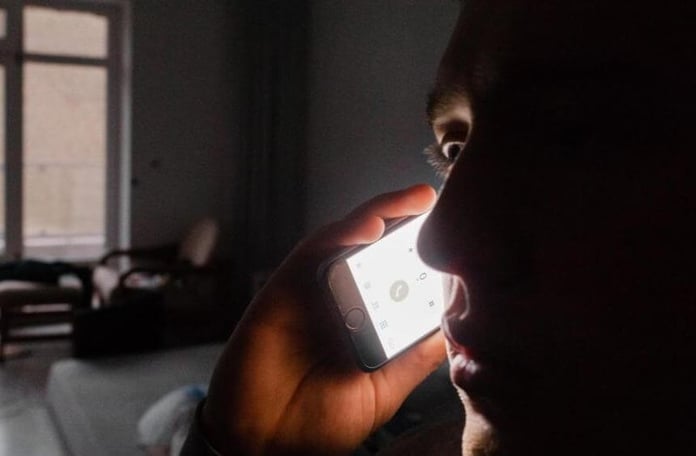
Berlin (TEH) – Chancellor Angela Merkel said in one of her speeches on the Corona crisis that Germany has not faced a challenge since the Second World War, which depends so much on joint solidarity. Uncertainty currently seems to be the dominant feeling. How do we get on with it? “The Corona crisis is changing the social fabric considerably,” says brain researcher and author Achim Peters (“Uncertainty – The feeling of our time”). So far, the poor in particular have suffered from insecurity, today almost all people are affected. However, there is reason to fear that the CoronaVirus will particularly affect the economic and educational status of the weaker, thereby widening the gap between rich and poor.
Stress always arises when people in a threatening situation do not answer the question of life with certainty, explains Peters: “Which of my strategic options should I choose to ensure my future physical, mental and social well-being? In the current Corona crisis, almost all people are unsure how to answer this question. So-called toxic stress arises if the uncertainty cannot be resolved over time: for example, loneliness, separation or money worries. «Many work today in precarious work situations, with limited contracts, in companies and industries that are in crisis.
If the Corona crisis remains unresolved and lasts longer than a year, many people will experience toxic stress, »says Peters. «Chronic overload of the brain metabolism then leads to an energy redistribution in the human organism: The brain gets the most, the body mass decreases, the inner abdominal fat increases and the risk of secondary diseases such as heart attack, stroke, depression, Alzheimer’s and diabetes increases. “Despite everything, psychologist and therapist Stefanie Stahl also conveys hope: There are many studies that collective fate can be endured better than individual fate,” says the bestselling author (“The child in you must find a home”). “If the uncertainty affects me only as an individual and life goes on around, it is more difficult to endure than if the entire community is affected,” says the life coaching expert. “If everyone is wondering how things will go – for example financially – then this thought provides a little consolation for the individual.”
As long as there are no concrete exit plans from the current situation, everything is very stressful, says Stahl. «Good head hygiene is helpful in that I quickly get rid of stressful thoughts. Then I deliberately focus on other topics and above all on the here and now. » Otherwise you quickly get lost in any scenario. “And fear scenarios have something in common to play somewhere in the future and not in the here and now.” Those who have specific concerns – for their own business, for example – should try to stop disaster thinking and try to find solutions immediately think, but also not from morning to evening, but sometimes take time off. It can also be a great help to act like shopping: “If you go shopping and you have to buy 30 items and you don’t have a shopping list, then your brain is constantly thinking about these 30 things just so you don’t forget anything and stay in control.
But if you have a list, your brain can turn to other things because it knows: everything is on the slip. So that is a relief. »This trick can also be used for fears. “I deal with it intensively for 10 to 20 minutes a day, I write it all down, and then I only devote myself to what is due. And when stupid thoughts come back, I tell my brain: We have written everything down, nothing is lost. »Stefanie Stahl, TrierAchim Peters, Lubeck












